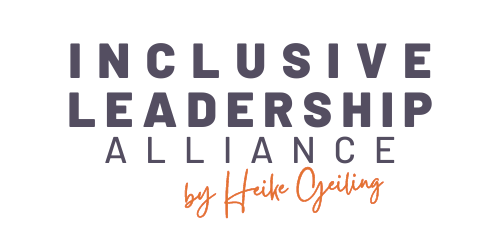I have just returned from a four week holiday in France.
During this break my daughter worked at a local sailing club teaching young children how to sail. She loves this job and loves communicating with all the different people she meets. Fortunately for her, she doesn’t struggle with conversation as she is fluent in English, German and French.
But it was during this break that we learned something very interesting about my daughter.
At a dinner with friends, we were chatting about my daughter’s work when suddenly someone commented that they had heard my daughter speak French very rudely.
Imagine our surprise. All this time we had been proud of my daughter for being multi-lingual and fluent in several languages, including French. Little did we know that native French speakers sometimes found her tone very rough and her way of communicating too direct.
We thanked the people we were with for their feedback. My daughter was a little upset, but we had a quick chat back at ‘home’ during the break and realised it was just something she needed to work on. It was good for her to get feedback on how she presented herself so that she would be more aware of how she spoke in the future. It was a chance to learn to be better, and she didn’t want to let that slip away because of stupid pride.
Taking away an important lesson on feedback
I kept thinking about the situation. I took the opportunity to reflect on what had happened so close to home. Could a situation like this happen in one of my client’s workplaces? After all, I work with several senior people who need to speak other languages.
This incident reminded me that it’s not enough to know the vocabulary and grammar of a language for which we are not native speakers. We need to understand how people communicate and pick up on small nuances when speaking in another language.
For example, if you know how to say ‘how are you’ in Chinese, what about tone and delivery? What about a language like Hindi, where you have different ways of addressing people depending on their seniority? Or if your second language is English, do you mix up words in different situations?
The truth is this: the only reason my daughter and I found out about her way of speaking was because we were in the same circle as parents of children on the sailing programme. It was their feedback on the way she spoke that alerted us to the situation.
Valuable and honest feedback is hard to come by. If you really want to know whether you’re speaking another language that you’re not a native speaker of, the only way to find out is to get feedback.
Tips as a foreigner in another country/culture
Want feedback on whether you’re speaking a language correctly?
In one of my readings, I came across a survey by Preply from October 2021, which found that 36% of UK adults can speak more than one language fluently. Just over half of Europeans (54%) can hold a conversation in at least one other language, 25% can speak at least two other languages and 10% can speak at least three (Eurostat).
These figures made me think more about what it means to be fluent in another language. It’s great to be bilingual or even multilingual, but does fluent also mean culturally appropriate or suitable for local communities?
To find out, you need to ask.
Here are some tips for getting feedback when you’re a foreigner working in another country or culture that’s unfamiliar to you:
- Find a native speaker you trust and ask them to observe you. In particular, ask for feedback on the way you communicate, not on the vocabulary mistakes you make.
- Ask them to be specific, to give you an example and how it made them feel.
- Ask them for suggestions on how to improve your communication. Are you coherent? Is your slang inappropriate? Are you using gestures that are considered rude in the language you’re communicating in? These little nuances matter, so get as many details as you can.
As a foreigner in another culture, how can you get more feedback from someone other than the person who’s already helping you? For example, if your manager is helping you now, how can you get feedback from a client? One way is to start the conversation by asking them to highlight any misunderstandings. Make them aware that you’re learning a language or are new to this environment at the very beginning, and don’t forget to end your meeting or presentation with a question for feedback.
We often give feedback too little importance. My daughter was grateful for the feedback she received when she spoke a non-native language. It’s never too late to ask questions to find out if you’re doing well in another language.
All the best!
What is your experience of adapting your communication in a foreign language? Please share in the comments.
If you are interested in improving your communication skills across cultures give me a call. I am working with diverse people from all over the world on exactly those skills.




